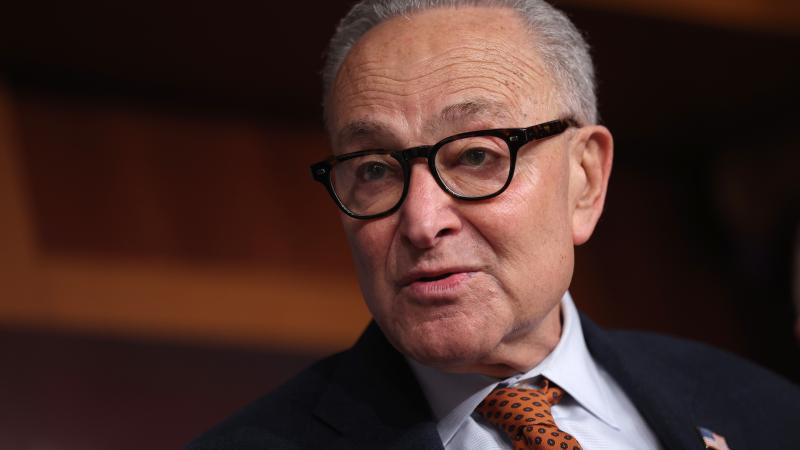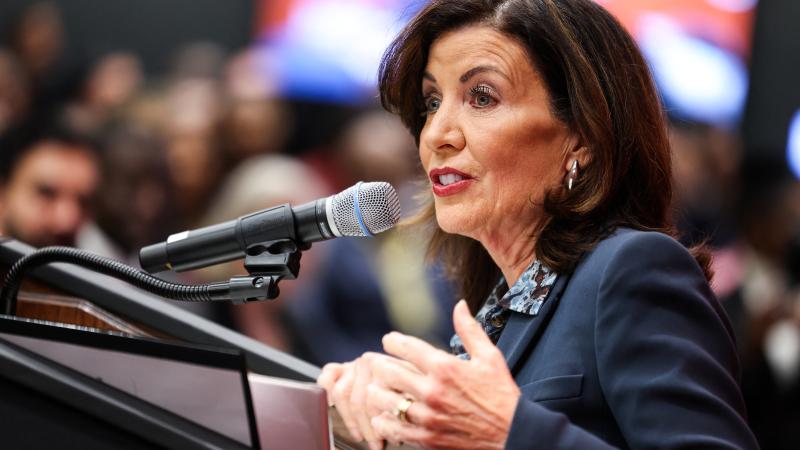Gov. Cuomo threatens to shut down all indoor dining in NYC in five days if COVID-19 cases rise
"The Thanksgiving wave is just starting to break, then the Christmas, Hanukkah wave is going to start."
New York Gov. Andrew Cuomo on Monday threatened to ban all indoor dining in New York City if hospitalization rates for COVID-19 continue to rise.
Appearing at a press conference alongside Dr. Anthony Fauci, an immunologist and director of the National Institute of Allergy and Infectious Diseases who served on the White House Coronavirus Task Force, the Democratic governor said the state has no choice as hospitals are near capacity.
He later wrote on Twitter: "If after 5 days a region's hospital rate has not stabilized, indoor dining will close or be reduced."
In New York City, indoor dining would close entirely, he said. Meanwhile, indoor dining would be reduced to 25% capacity in the rest of the state.
The New York State Health Department recently ordered hospitals to increase bed capacity by 25%, and the governor said that might grow to a 50% increase.
"If after a surge and flex region's 7-day average hospitalization growth rate shows that within three weeks the region will hit critical hospital capacity, we enact NY Pause," Cuomo said.
The governor cited new guidance from the Centers for Disease Control and Prevention.
"CDC came out with additional guidance on Friday and we are going to follow that additional guidance, which is basically more caution for indoor dining," Cuomo said.
"We are going to watch the hospitalization rate over the next five days," he continued. "I think Dr. Fauci is right, you've seen the Thanksgiving wave is just starting to break, then the Christmas-Hanukkah wave is going to start. So I don't see it."
The governor also said he would watch and wait.
"Let's look at the big picture. We are looking at hospitalization capacity. If we don't get the rate under control and you are going to overwhelm your hospitals, then we will have to go back to shut down," he said.
Fauci issued even more dire warnings, saying having even 10 people at a home gathering may be too much. But he was optimistic about the several COVID-19 vaccines now in the pipeline, laying out who will get the immunization first and how that could lead to herd immunity.
"Between now and the end of December, you'd likely get a substantial proportion of health care providers and people in your nursing homes. As you get into January, you'll get the second level and then February third level. I would think by the time you get to the beginning of April, you'll start getting people who have no high priority just the normal man and woman, New Yorker in the street who has no underlying conditions," he said.
"If we do that well, by the time we get into the core of the summer and get to the end of the summer and into the start of the third quarter of 2021, we should be in good shape. That's what I'm hoping for," he also said.















